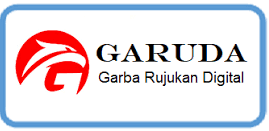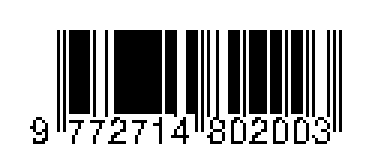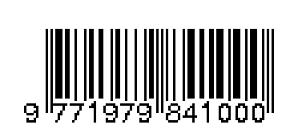PENURUNAN KADAR SUSPENDED SOLID DAN ZAT WARNA PADA AIR LIMBAH INDUSTRI BATIK DENGAN ARANG AKTIF
DOI:
https://doi.org/10.34151/technoscientia.v3i2.486Keywords:
Reduced suspended solid and dye, batik industri liquid waste, active carbonAbstract
Batik industri liquid waste contained the quite high concentrations of biodegradable and easily-rotten suspended solid and non-biodegradable dye. When no processing was conducted before it was disposed into receiving water body, such a condition would produce reduced quality of life. This research aimed to reduce the content of suspended solid and dye in liquid waste by using adsorption process through the use of active carbon media. Active carbon media-based adsorption has been one of the methods to solve pollution problem on receiving water body. Experimental method through the use of active carbon was adopted. The results of the experiment was developed into a design of waste processing instrument. The instrument was operated by setting absorbent, while the adsorbent was a pipe of 4 inch in diameter, and the surface area was 0.03243 m2. Water level was set to be 0.6 m higher than the media. Analysis variant is yused in dis research. Result indicated that active carbon was able to reduce SS and the dye. The efficiency of SS and the dye were 55.23% and 55.30%, respectively. The variant analysis showed F value at 5% significance level with 5.14 free grade of the effluent quality, and the adsorption of active carbon was better at the 70 cm thickness with maximum water height.
References
Anonim, 2005, Pedoman Penanggulangan limbah cair domestic dan tinja, UI Press, Jakarta
Fardiaz, S,1992, Polusi air dan udara. PAU Pangan dan Gizi Bogor.
Met Calf dan Eddy, 1991, “Waste Water Engineering Treatment Disposal Reuse”, 2nd Ed, Mc.Graw Hill Publishing Co, New Delhi.
Purnama.H, 2001, “Kajian awal, Pembentukan Polihidroksi alkanaat (PHA) pada system pengolahan lumpur aktif dengan sequencing batch rector (SBR)”, ITB Badung.
Reynold, 1982. Unit Operation Processes in Environmental Engineering Texas, A & M University.
Sugiharto, 1987, Dasar-dasar Pengelolaan Air Limbah, UI Press, Jakarta
Tjokrokusumo, 1995, Konsep Teknologi Bersih, STTL, Yogyakarta.







